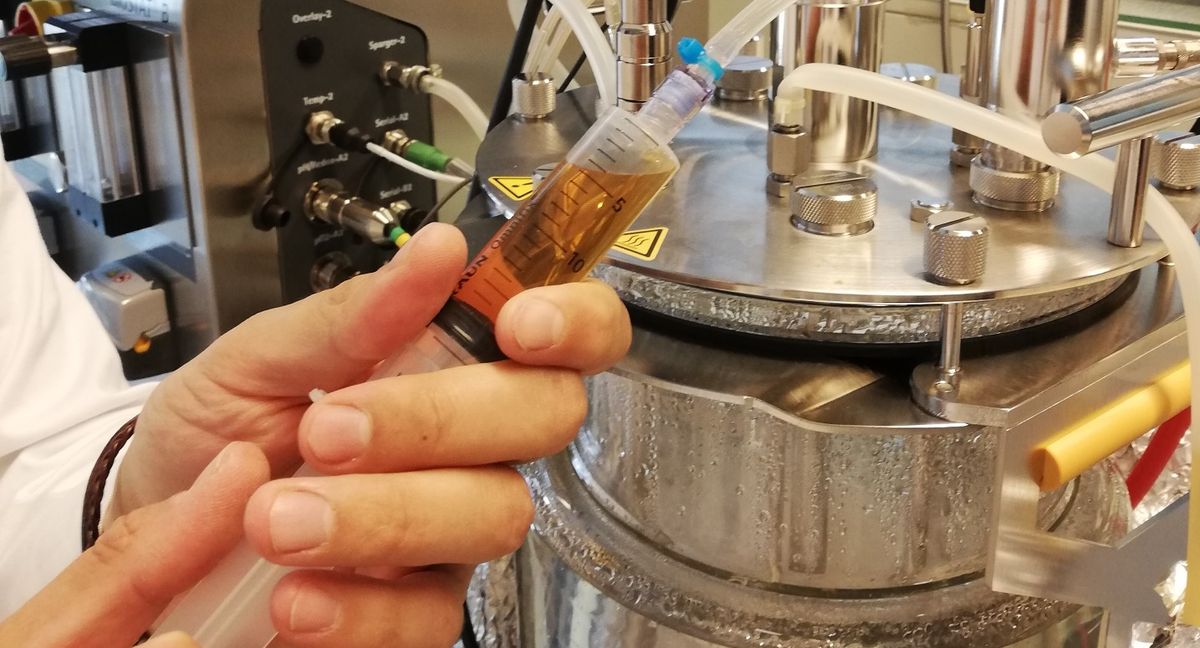An Ipsos survey of 1,000 German-speaking participants aged 18 to 75 carried out in cooperation with the Vocational School for Media and Communication in Hamburg finds that around one-third of Germans (32%) would be willing to include cultivated meat in their diet. A further 29 percent are undecided. In principle, German consumers are relatively open to cultivated meat, says Ipsos.

Fifty-six percent of individuals find laboratory production to be reprehensible, while an equal 50% deem it unethical. Additionally, a significant majority of Germans, comprising 79% of the respondents, express concerns about the repercussions for German agriculture. Nevertheless, the benefits associated with cultivated meat, such as the avoidance of animal suffering (74%), fostering a sustainable future (63%), and climate protection (62%), are also recognized. Notably, even among respondents who are unaware of cultivated meat (17%), a considerable 54% view it as an innovative and viable alternative to conventional meat.
Frequent meat eaters most interested
Moreover, respondents who consume meat frequently exhibit an above-average willingness (42%) to incorporate cultivated meat into their diet. It is noteworthy that two-thirds of individuals who consume meat perceive it as an essential contribution to a sustainable future (66%)—a proportion equivalent to the group of non-meat consumers. Furthermore, consumers who already opt for meat alternatives display a more positive attitude toward “artificial” meat compared to the overall average.

** Click here to read the full-text **








